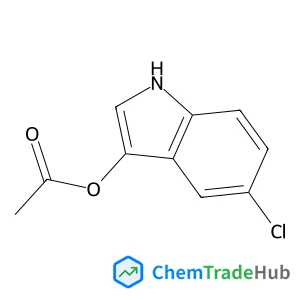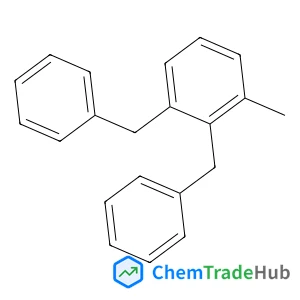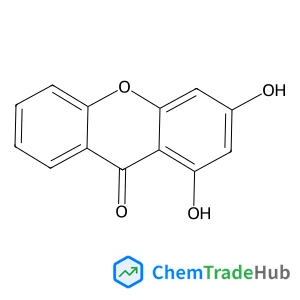Cation exchange in an anionic metal–organic framework enhancing propylene/propane separation
文献信息
Xue Zhang, Hui-Juan Tang, Min Zeng, Rong Yang, Yu Wang, Kai-Jie Chen
Highly selective adsorptive separation of propylene/propane (C3H6/C3H8) using metal–organic frameworks (MOFs) is a promising approach to reducing energy consumption in the chemical industry. Here, we report a 3D anionic MOF obtained by the exchange of dimethylamine cations with small K+ ions. 77 K N2 isotherms proved that the pore volume increased from 0.30 cm3 g−1 to 0.42 cm3 g−1 after ion exchange. Moreover, at near room temperatures (273 K and 298 K), both single-component gas adsorption capacity and selectivity of C3H6/C3H8 were enhanced. The C3H6/C3H8 separation potential was further confirmed by breakthrough experiments with equimolar C3H6/C3H8 mixtures. Similar separation properties were also observed in ethylene/ethane separation.
相关文献
IF 6.222
Pulsed laser rusted stainless steel: a robust electrode material applied for energy storage and generation applicationsIF 6.367
Interfacial engineering of a polymer–MOF composite by in situ vitrificationIF 6.222
An overview of latest advances in exploring bioactive peptide hydrogels for neural tissue engineeringIF 6.843
MnO/C cubo-polyhedrons derived from α-MnO2@ZIF-8 as anode materials for high-performance lithium-ion batteriesIF 6.367
Efficient one-pot synthesis of alkyl levulinate from xylose with an integrated dehydration/transfer-hydrogenation/alcoholysis processIF 6.367
Engineering nanoporous organic frameworks to stabilize naked Au clusters: a charge modulation approachIF 6.222
Enhanced activity of catalysts on substrates with surface protonic current in an electrical field – a reviewIF 6.222
Carbon and carbon composites obtained using deep eutectic solvents and aqueous dilutions thereofIF 6.222
Metal–organic frameworks: preparation and applications in highly efficient heterogeneous photocatalysisIF 6.367
来源期刊
CrystEngComm
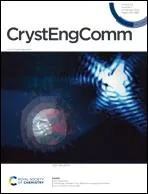
CrystEngComm is the forum for the design and understanding of crystalline materials. We welcome studies on the investigation of molecular behaviour within crystals, control of nucleation and crystal growth, engineering of crystal structures, and construction of crystalline materials with tuneable properties and functions. We publish hypothesis-driven research into… how crystal design affects thermodynamics, phase transitional behaviours, polymorphism, morphology control, solid state reactivity (crystal-crystal solution-crystal, and gas-crystal reactions), optoelectronics, ferroelectric materials, non-linear optics, molecular and bulk magnetism, conductivity and quantum computing, catalysis, absorption and desorption, and mechanical properties. Using Techniques and methods including… Single crystal and powder X-ray, electron, and neutron diffraction, solid-state spectroscopy, spectrometry, and microscopy, modelling and data mining, and empirical, semi-empirical and ab-initio theoretical evaluations. On crystalline and solid-state materials. We particularly welcome work on MOFs, coordination polymers, nanocrystals, host-guest and multi-component molecular materials. We also accept work on peptides and liquid crystals. All papers should involve the use or development of a design or optimisation strategy. Routine structural reports or crystal morphology descriptions, even when combined with an analysis of properties or potential applications, are generally considered to be outside the scope of the journal and are unlikely to be accepted.
推荐供应商
 尼罗公司
尼罗公司 阿尔伯特·汉特曼·埃尔泰卡有限公司
阿尔伯特·汉特曼·埃尔泰卡有限公司 tesa Werk Offenburg有限公司
tesa Werk Offenburg有限公司 Systec GmbH&Co.KG
Systec GmbH&Co.KG 深圳康宇达发光材料有限公司
深圳康宇达发光材料有限公司 克莱恩纺织品
克莱恩纺织品 三菱化学公司
三菱化学公司 马钦鲍公司
马钦鲍公司 山东习尚喜新材料科技股份有限公司(API)
山东习尚喜新材料科技股份有限公司(API) 力码(广州)材料科技有限公司
力码(广州)材料科技有限公司










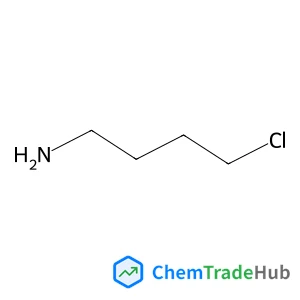
![28443-57-4 - 4-[4-[(5S)-5-(氨基甲基)-2-氧代-3-恶唑烷基]苯基]-3-吗啉酮 28443-57-4 - 4-[4-[(5S)-5-(氨基甲基)-2-氧代-3-恶唑烷基]苯基]-3-吗啉酮](/structs/284/28443-57-4-e4c7.webp)
